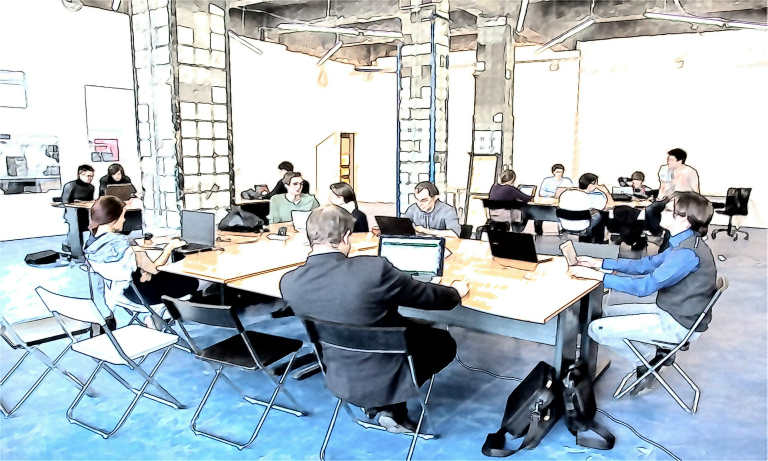 The research also indicated that nearly one in three employers regretted hiring an employee
The research also indicated that nearly one in three employers regretted hiring an employeeSome fascinating new research conducted by HR.com and IBM Smarter Workforce Institute has revealed a great deal about the attitudes towards talent acquisition in working environment.
The comprehensive survey paints a picture of how AI is used in the acquisition of talent and the main HR challenges facing employers. Here are some of the most significant findings.
How successful is recruitment?
It is inevitable that there will be a delay between a situation becoming vacant and a new recruit starting the job. The main news is that average ‘time to fill’ has remained fairly static over the last few years. The recent research showed that it is currently 39 to 41 days. Employees higher up the management chain tend to take longer to recruit and executive and senior managers take an average of 84 days. This would be accounted for by the paucity of candidates and the intensive selection procedures which inevitably take longer.
However, the hiring decisions do not always work out well and either the employer or the new employee realise that they have made a mistake. This is shown in the survey results which report that 9% of new employees leave the post within the first six months of their employment. The highest attrition rates are reported for individual employees and stands at 18%. The rates are much lower for managers and supervisors (6%) and lower still for executives (3%). This is costing employers money. The IBM research shows that hiring an employee can cost up to a third of their annual salary.
It is not just the employees who are unhappy. The research also indicated that nearly one in three employers regretted hiring an employee. There could be multiple reasons for a new employee failing to impress their employer in a new role. They could be underperforming because of inadequate training. Perhaps more importantly, there could have been mistakes made during the recruitment process and matching their qualifications with the requirements of the job.
Suitability of the selection process
Employers acknowledged in the survey that there are significant challenges within the hiring process and over a third of them identified the loss of promising candidates as a major challenge. Some will inevitably be lost to competitors. One way to counteract this is to use efficient screening practices, so that employers can respond quickly to candidates and do not leave them hanging around. This means that the candidates will rate their experience as positive and this makes them nearly 40% more likely to accept a job offer.
Sadly, technology is not helping many, because 30% of employers reported that recruitment technology did not meet their needs. In particular, assessment tools that could identify the best candidates are missing, according to 28% of respondents, and outdated recruiting technologies were reported by 24%.
Employers are also worried about their inability to assess their own recruiting process. So, whilst 45% rated the quality of their recruiting process as below average, two thirds of them have no system of measuring it.
AI is an important issue in the field of recruitment and selection. Employers would like AI to increase the speed of the process (57%), to be able to screen CVs (51%) and to match candidates to jobs (54%).








